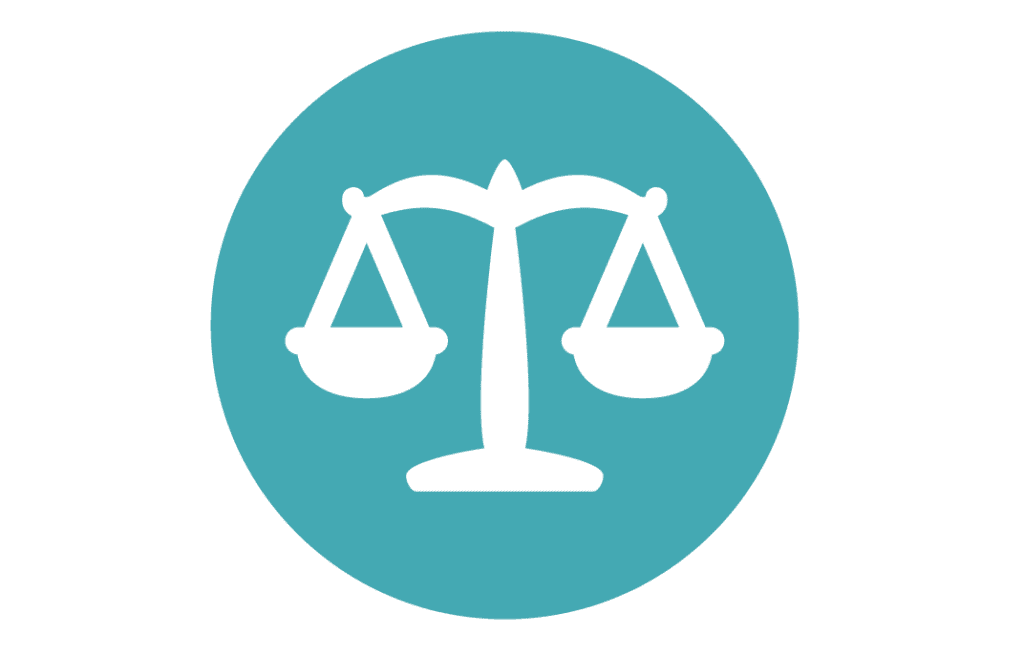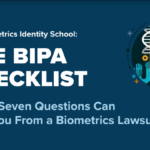
A lawsuit against Google based on the Illinois Biometric Information Privacy Act, or BIPA, has been dismissed by a district court judge – but that doesn’t mean the case is closed for good.
The case was launched in 2016 by a woman who unwittingly had her imaged captured by a Google Photos user in 11 images. The images were then scanned with facial recognition by Google’s photo tagging system. Because the BIPA requires companies to acquire explicit consent from individuals regarding the collection of their biometric data, the woman argued that Google had run afoul of the privacy law.
A Chicago judge, however, did not agree, and dismissed the case on the grounds that the biometric scans did not cause “concrete injuries” to the plaintiff, as The Verge reports.
This issue of harm is currently the central question of another BIPA case that has made its way to the Illinois Supreme Court, where the defendant, Six Flags, is arguing that its collection of a juvenile visitor’s fingerprints did not violate BIPA because it did not do any substantial injury to the individual. The plaintiff in that case is arguing that this idea of harm is irrelevant, since the law simply concerns the collection of biometric data itself, and not its consequences.
If the Supreme Court agrees with the plaintiff in the Six Flags case, that will clearly contradict the judge’s reasoning in this recently dismissed district court case, and open the door to further jurisprudence. Otherwise, it will close that door pretty firmly, and significantly narrow the scope of BIPA going forward.
Source: The Verge
–
January 2, 2019 – by Alex Perala







Follow Us